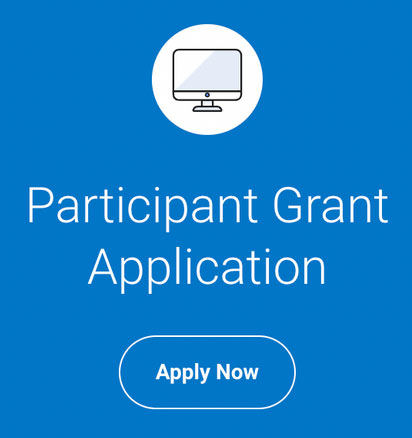Course Description
Our four-day AP Literature and Composition Summer Institute will investigate all aspects of AP Literature and Composition. We will explore overarching course philosophies as well as pragmatic day-to-day lessons and activities. Our collaborative sessions will focus on scoring with the 6-point rubric, planning units using both contemporary and classic works, preparing students for exam success, and incorporating active lesson segments. Attendees will also investigate poems, short stories, and novels that will engage and challenge their student populations and communities. Each APSI is unique, so as questions arise, we may take some side roads during the week. I want your APSI experience to be fruitful whether you are new to AP Literature, or if you are a seasoned veteran.
Course Prep
You do not need to read or prepare anything ahead of time. Please do bring any texts or materials that you currently have that might be useful in planning your class for next year.
Daily Agenda
Day 1 – Overview/ Multiple Choice
Objectives:
- Understand course objectives,
- Explore the CED,
- Preview and discuss the AP exam,
Guiding Principles:
- This class is all about the exam; this class is not at all about the exam.
- Provide low risk and engaging opportunities for practice.
- We are a learning community; all voices are welcomed.
Welcome and Introductions
Overview of the Week, Learning Objectives for Each Day
AP Literature: It’s Complex (Course Overview)
Equity and Access
Introduction to CED – Big Ideas, Enduring Understandings, Skills and how these three concepts work together – participants will have time to brainstorm works and ideas they already use and think about how they can fit into AP Lit specifically in terms of Big Ideas, Enduring Understandings, and Skills
Activities:
- AP Exam Overview
- Multiple choice passage (teachers take a 10 question exam)
- Review Multiple Choice Strategies
- Multiple Choice Activities (grouping, pyramid, stations, assigned answers, revisions)
- Multiple Choice Success – equipping students to track progress and create goals through AP Classroom data (share templates for student data, progression, reflection)
Day 2 -Prose
Objectives:
- Understand the foundational principles of reading and writing about prose;
- explore strategies for writing thesis statements and developing a line of reasoning
Guiding Principles:
- Students should read with purpose (annotation, three claims)
- Students should learn to self-question while reading
Activities:
- Close Reading Strategies – Chunking/What,How,Why/
- Black-out Prose Activity
- Building Reading Stamina (Graff method)
- Reading through art
Collaborative Planning for Short Fiction Skill Progression (Units 1, 4, and 7)
Review CED units and AP Classroom resources
brainstorm ideas in groups, share texts and ideas
FRQ2 Rubric, Prompt, Samples, and Instructional Report Review
Practice sample scoring (possibly hw)
Writing Focus: Thesis Statement and Line of Reasoning
Day 3 – Poetry
Objectives:
- Understand the foundational principles of reading and writing about poetry;
- explore strategies for developing paragraphs
Guiding Principles:
- What do you notice? Why do you think it’s important?
- Reading poetry is not a scavenger hunt for devices.
Activities:
- Sonnet construction activity (structure emphasis)
- Entry strategies for poetry
- After poems and flipgrid reflections
- Teaching collections
Collaborative Planning for Poetry Skill Progression (Units 2, 5, and 8)
Review CED units and AP Classroom resources
brainstorm ideas in groups, share texts and ideas
FRQ 1 Rubric, Prompt, Samples, and Instructional Report Review
Practice sample scoring (possibly hw)
Writing Focus: Selecting Evidence and Extending Commentary
Day 4 – Long Fiction/Drama
Objectives
- Understand the foundational principles of reading and writing about long fiction/drama;
- explore strategies to teach sophisticated writing
Guiding principles:
- Student choice
- There’s more than one right answer
Activities:
- TQE Method (student-driven discussion)
- Scene to Theme
- #BookSnaps (Independent Reading Assessment)
- Lit Circles
Collaborative Planning for Long Fiction or Drama Skill Progression (Units 3, 6, and 9)
Review CED units and AP Classroom resources
brainstorm ideas in groups, share texts and ideas
FRQ 3 Rubric, Prompt, Samples, and Instructional Report Review
Practice sample scoring (possibly hw)
Writing Focus: The writer’s notebook (using prose passages as mentor texts for writing)


